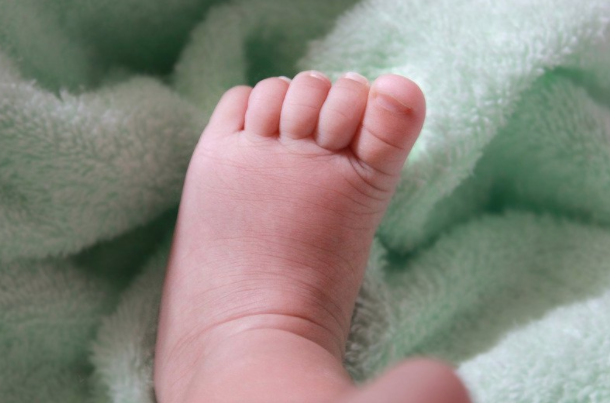Why is sleep for you and your newborn baby so important?
Typically, we think of sleep as a time to rest. But, in fact, it is a time when our brain is very active. During sleep, the brain may be more active than when we are awake. A newborn baby and young infants spend the majority of their time asleep and dreaming. Research has shown that sleep is necessary for our baby’s development. Sleep is important for a healthy brain, body and for immune development. Sleep helps to maintain normal bodily functions, healing of tissues, learning, processing of memory and central nervous system repair. For adults, poor sleep or a lack of sleep can negatively impact one’s ability to pay attention and to concentrate. Our thinking and behaviour, when sleep deprived, can predispose some of us to negative emotions and poor judgement. Sleep is important for both your baby and you.
Sign Up For Our Newsletter
Your Newborn Is Working On Organizing Their Sleep
Normal, healthy sleep is organized by day and night and follows a specific pattern while we are actually asleep. Sleep and wakefulness depend on two driving forces, our circadian rhythm and homeostatic drive (i.e. build up of sleepiness during the day). Our circadian rhythm or biological clock is an internal process which relies on cues of darkness and light. It is this rhythm, regulated by the presence or absence of light which in turn affects the release of many hormones that have an effect on many organs and tissues. One of those hormones is melatonin. It is known as the hormone of darkness, preparing us for sleep and levels are at their highest in childhood.
Our biological clock thrives and strengthens with consistency. Waking at the same time and sleeping at the same time are two important factors in healthy sleep. Daytime sleep and naps are not influenced by melatonin, which is only involved in night time sleep.
What Influences Newborn Daytime Sleep?
The homeostatic drive or the drive to sleep builds throughout the day. Your newborn baby’s naps take place as a result of this drive to sleep. Newborns are growing and processing so much that they simply can’t stay awake, but there is no sleeping pattern yet. This will take time to evolve and begins about 14 – 16 weeks.
Daytime rituals help with sleep. When we rise and are exposed to daylight, when we are in darkness, when we eat our meals, when we exercise and even when we have our bowel movements, all impact our sleep. They cue your baby for sleep. The same daily schedule helps to prepare the brain and body for sleep and are also important to reinforce sleep patterns. Begin by exposing your newborn to morning light at the same time and dimming lights in the evening at the same time to help reinforce sleep patterns.
Sleep Stages
Sleep Stages are the separate rhythms that we cycle through while sleeping – they are NREM (quiet or deep) and REM (dream) sleep. Newborns do not experience these stages in the same way as adults do with a shorter sleep cycle lasting 50 – 60 minutes. Typically, a sleep period is only one or two cycles and they fall into dream sleep first.
Close to four months of age, these sleep stages begin to mature as melatonin, the night hormone, gears up its production and the gland producing it matures. This period when sleep mechanisms begin to mature can cause temporary sleep chaos as your baby’s night time sleep becomes more organized.
Daytime sleep, unfortunately, will take a few weeks longer to consolidate and fall into a pattern. Don’t despair, there are things you can do to help your baby develop their natural ability to sleep well and independently.
Read Our Sleep Training Series
What’s A New Parent To Do?
Remember, newborn sleep is not influenced by the circadian rhythm unlike mature sleep which begins to develop around 4 months of age. As such, the best option for new parents is to try and create a regular morning and evening routine to start to teach your baby cues about when it is time for sleep.
Daytime sleep for newborns occurs spontaneously because of a strong drive to sleep, and while it has not consolidated into a schedule, start using a consistent nap and bedtime routine that will set your newborn baby up with healthy sleep habits in the coming months.
Written by Good Night Sleep Site Consultant.
Good Night Sleep Site provides free child and family sleep support through Facebook, Twitter, and Instagram. We invite you to join our sleep community as we work towards Good Night Sleep Site’s mission of a healthier rested family unit. For more sleep tips, subscribe to our newsletter and visit Good Night Sleep Site.











